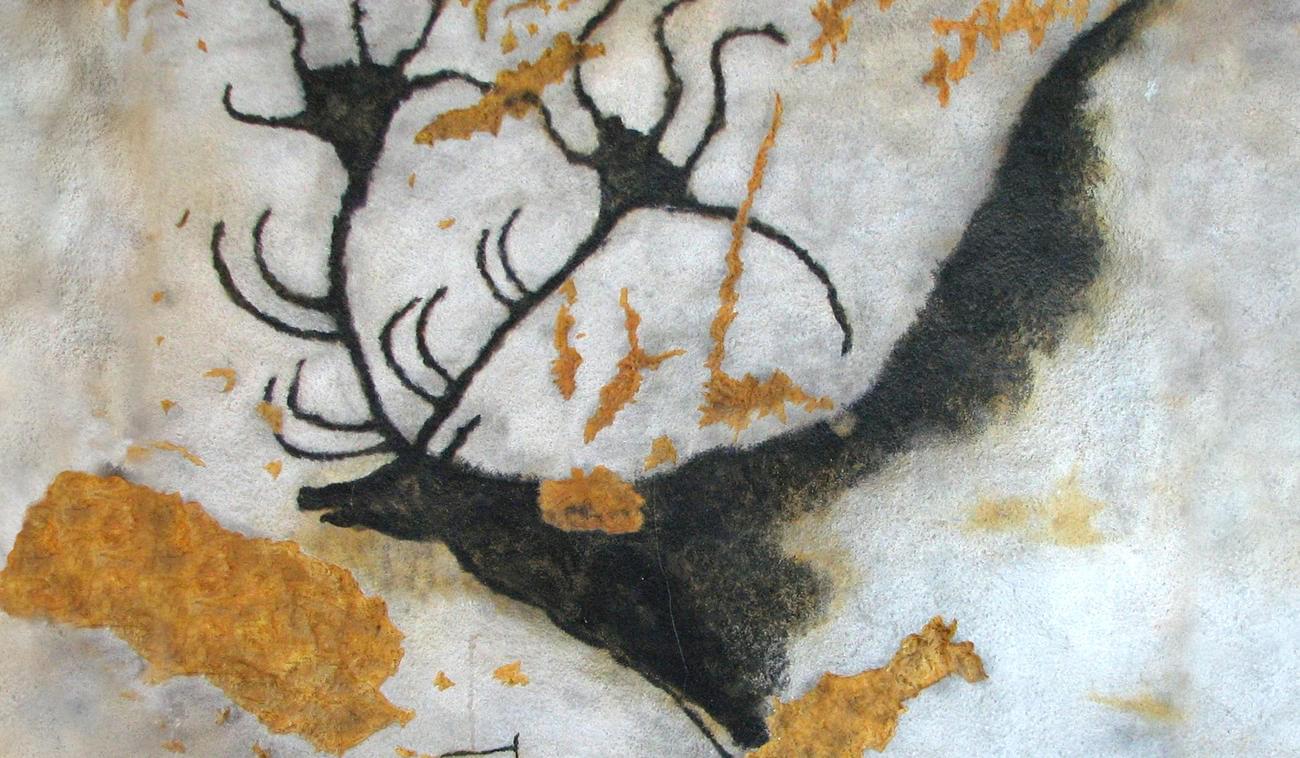
Tim Flannery’s brilliant new book covers a hundred million years of history: from amazing fossil finds to the often eccentric scientists who discovered them. Those millennia of kings and queens and battles and inventions might seem like a long time to Australian eyes, but they’re nothing compared with aeons of evolution, plate tectonics, geological upheavals and mass extinctions. Europe: A Natural History is full of captivating insights into a continent we all think we know; for example...
1. Hippos used to swim in the Thames. Hippopotamus antiquus – a now extinct form of hippo – arrived in Europe from Africa about 1.8 million years ago and was happily settled into the Thames, among other rivers across the continent, by the time a warm spell known as the Eemian occurred between 130,000 and 115,000 years ago.
2. The most diverse array of flora and fauna in ancient Europe (circa 75 million years ago) could be found on the island of Hateg. Today, Hateg is part of Transylvania, in Romania, and the dinosaur fossils found there are among the most abundant and varied in all of Europe.
3. The iridium layer – the clearest and most compelling evidence that a massive meteor strike caused the extinction of three-quarters of Earth’s species (including the dinosaurs) – was first identfied in Gubbio, a town in the province of Perugia, in Italy’s Apennine Mountains, where it was exposed in a roadside cutting.
4. Although modern Europeans carry between 1.5% and 2.1% Neanderthal genes, at least 20% (and perhaps as much as 40%) of the entire Neanderthal genome survives within the genetic code of the European and Asian populations; this is because individuals have different segments of the Neanderthal genome.
5. The black rat was so reliant on Roman settlements that it became extinct in Britain after the Romans withdrew, and did not reappear until the Norman conquest.
Fascinating stuff, don’t you think? And there's much more where that came from.
We heartily recommend Europe: A Natural History to enquiring minds everywhere.



